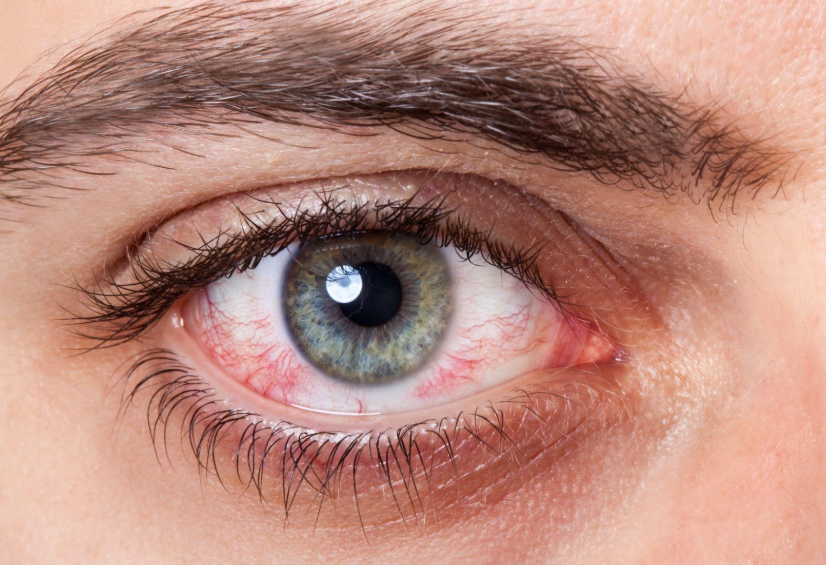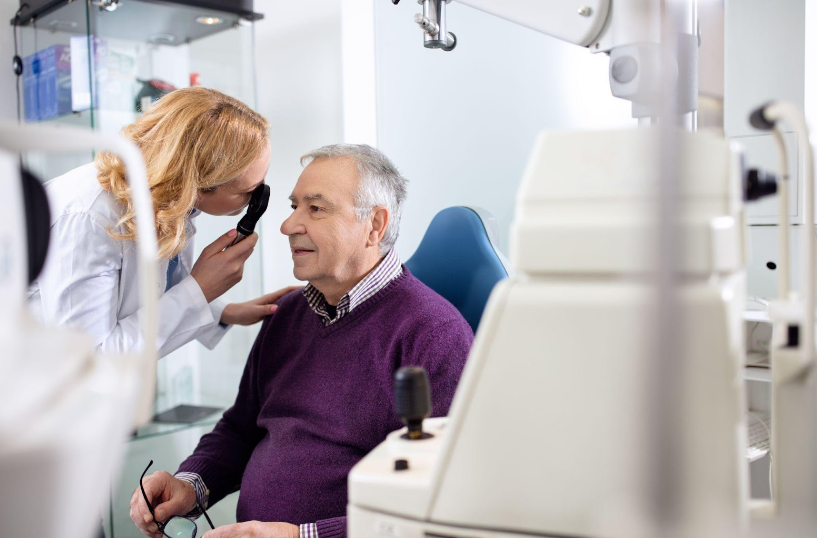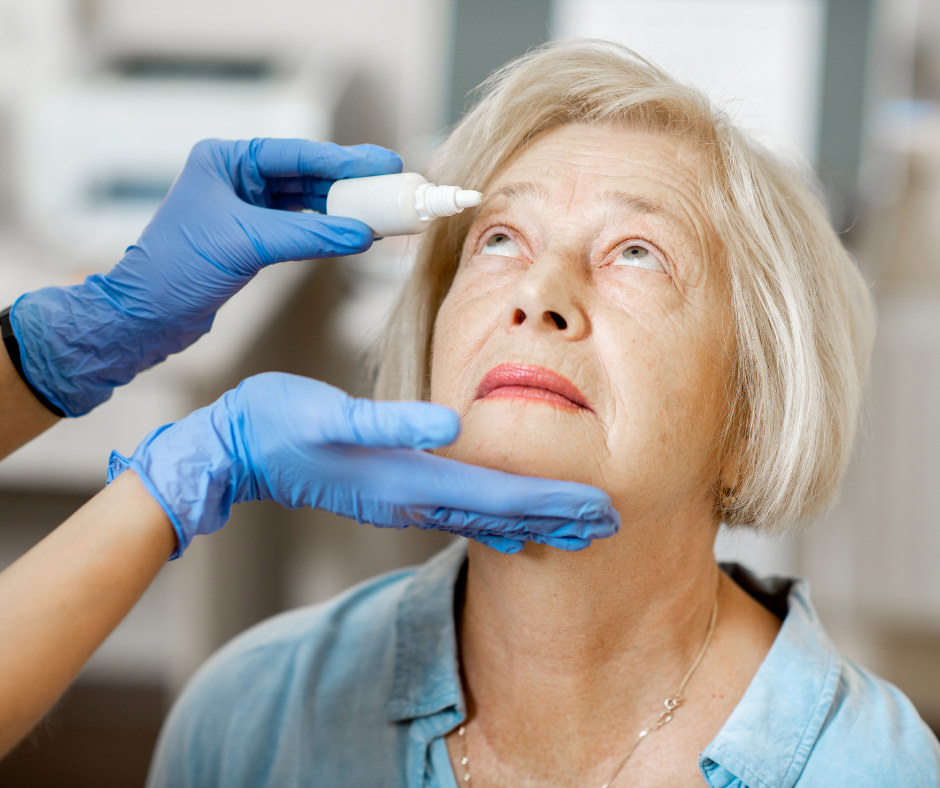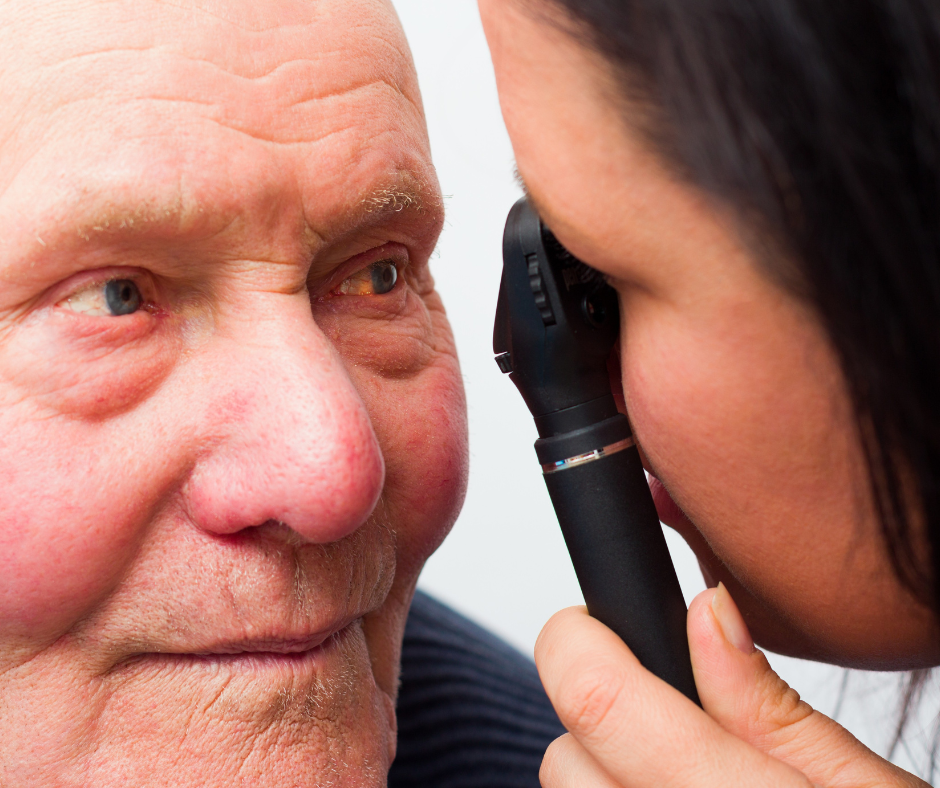You may already know that diabetes increases your risk of developing vision problems. Diabetes can affect your eye care, making it especially important to get a regular eye exam. Diabetic retinopathy is an eye disease caused by diabetes. The loss of vision can be caused by damaged or abnormal blood vessels. As a result, these blood vessels can swell and leak. It is also possible for them to close, preventing blood from passing through. Sometimes abnormal new blood vessels grow on the retina. All of these changes can affect your vision.
How can you tell if diabetes is affecting your eyes?
If you suffer from diabetes, it’s very important to be aware of any early signs of trouble in your eyes. If you have diabetes and notice any of the following symptoms, you should consult your ophthalmologist:
- Blurry, cloudy, or double vision
- Flashing lights or rings around lights
- Blank, dark, or floating spots in your vision
- Pain, pressure, or constant redness in your eyes
- Trouble seeing out of the corner of your eye
- Any sudden change in your vision
Treatments for advanced diabetic retinopathy
Diabetic retinopathy might not exhibit any symptoms in the early stages, which makes early detection essential. The main treatments for the advanced stages of diabetic retinopathy are:
- laser treatment – to treat the growth of new blood vessels at the back of the eye (retina) in cases of proliferative diabetic retinopathy, and to stabilize some cases of maculopathy
- eye injections – to treat severe maculopathy that’s threatening your sight
- eye surgery – to remove blood or scar tissue from the eye if laser treatment is not possible because retinopathy is too advanced
Laser Treatment for Diabetic Retinopathy
Scattered laser surgery is a type of laser treatment that is used as part of the treatment for advanced diabetic retinopathy.
- Photocoagulation. This laser treatment, also known as focal laser treatment, can stop or slow the leakage of blood and fluid in the eye. During the laser ablation, leaks from abnormal blood vessels are treated with a laser. Focal laser treatment is usually done in your doctor’s office or eye clinic in a single session.
- Panretinal photocoagulation. This laser treatment, also known as scatter laser treatment, can shrink the abnormal blood vessels. During the procedure, the areas of the retina away from the macula are treated with a laser device. These scattered burns shrink new, abnormal blood vessels. It’s usually done in your doctor’s office or eye clinic in two or more sessions. Your vision will be blurry for about a day after the procedure. Some loss of peripheral vision or night vision after the procedure is possible.
During the treatment, your eye will be numbed with anesthetic eye drops. A special lens will focus the beam of light onto your eye. You may feel some slight discomfort and you will notice flashes of bright light. The laser treats the middle and peripheral parts of the retina to prevent loss of central vision. Your vision may be blurry following the treatment, which can take between 30-45 minutes. The doctor can only work on one eye at a time, and two or more treatments may be required in each eye.
Post- Surgery Expectations
You should be able to go home on the same day or the day after your surgery. A patch may be necessary for the first few days. Activities like reading and watching television can quickly tire your eyes.
You will probably have blurred vision after the operation. This should improve gradually, although it may take several months for your vision to fully return to normal. Your surgeon will advise you about any activities you should avoid during your recovery.
While treatment can slow or stop the progression of diabetic retinopathy, it’s not a cure. Because diabetes is a lifelong condition, future retinal damage and vision loss are still possible.
Because diabetes eye diseases can lead to blindness and vision impairment, it is important to see your ophthalmologist regularly to monitor the progression. If you have any questions regarding symptoms, contact our office or call 516-785-3900 (Wantagh office) or 516-541-4141 (Massapequa office) to schedule an appointment.
Sources:
Diabetic Retinopathy: Causes, Symptoms, Treatment,
Treatment-Diabetic Retinopathy,
Diabetic Retinopathy











